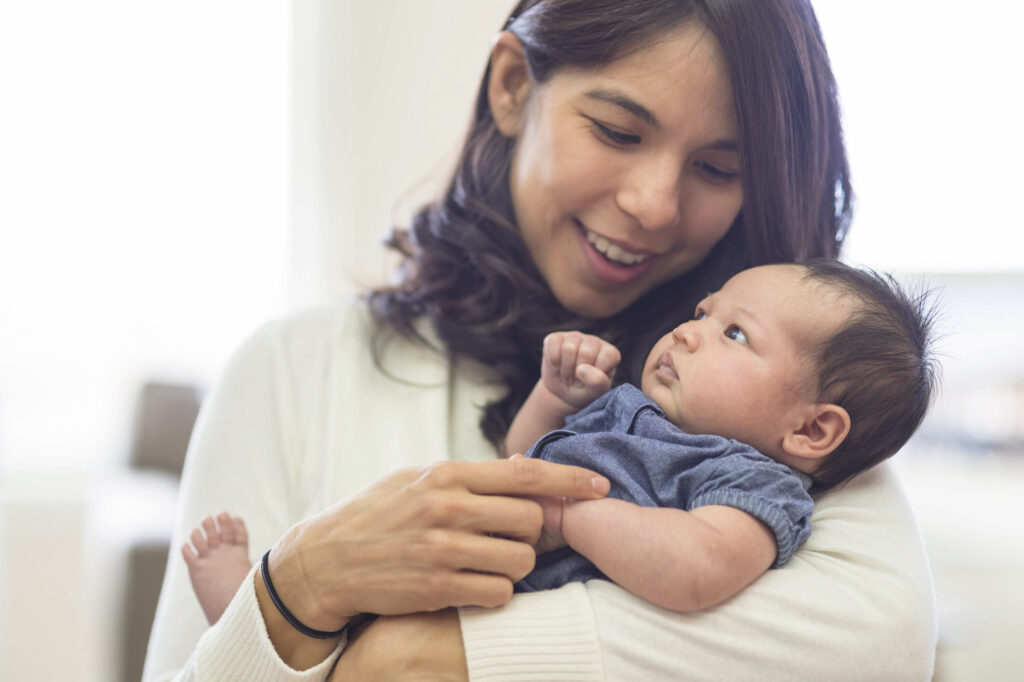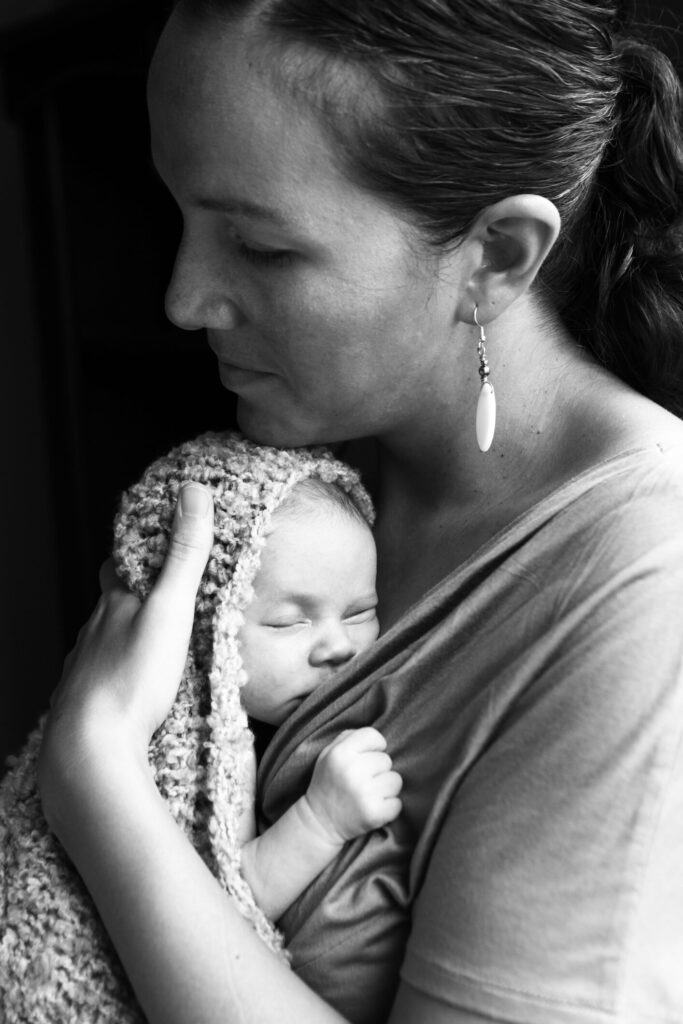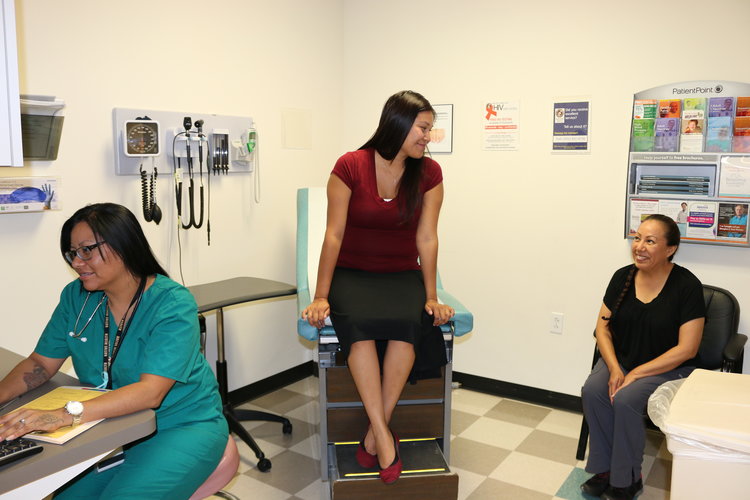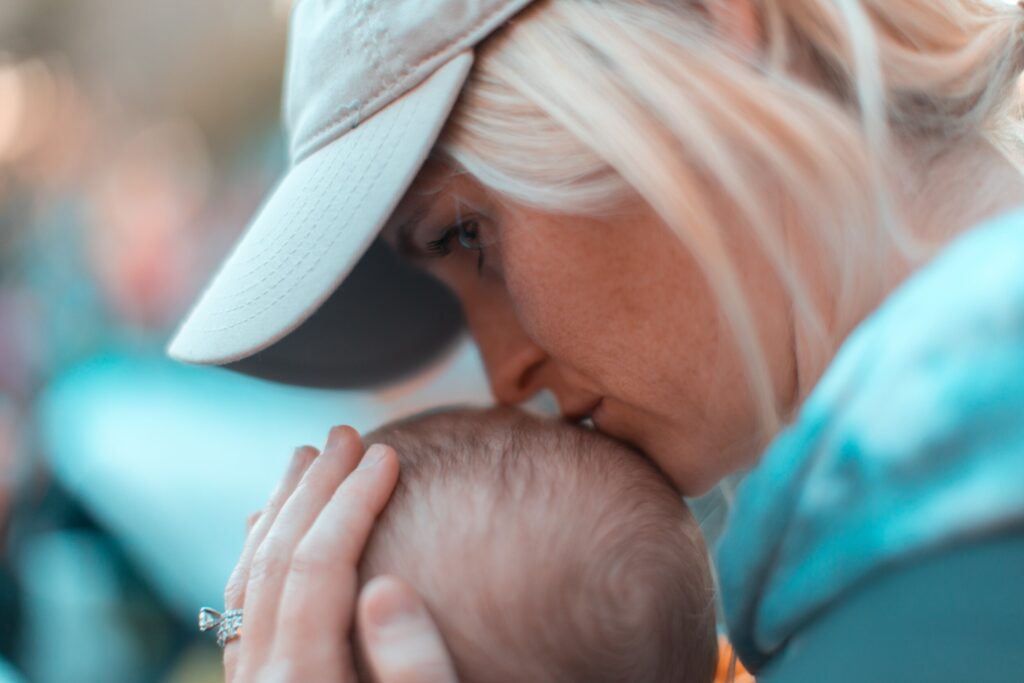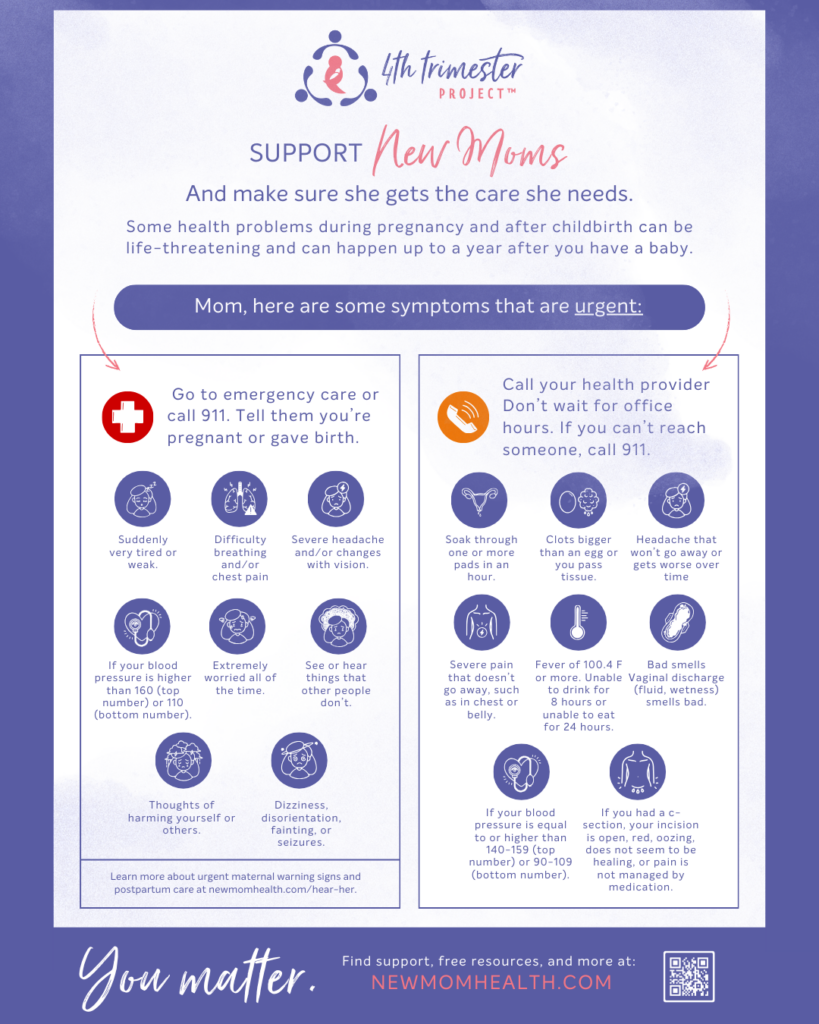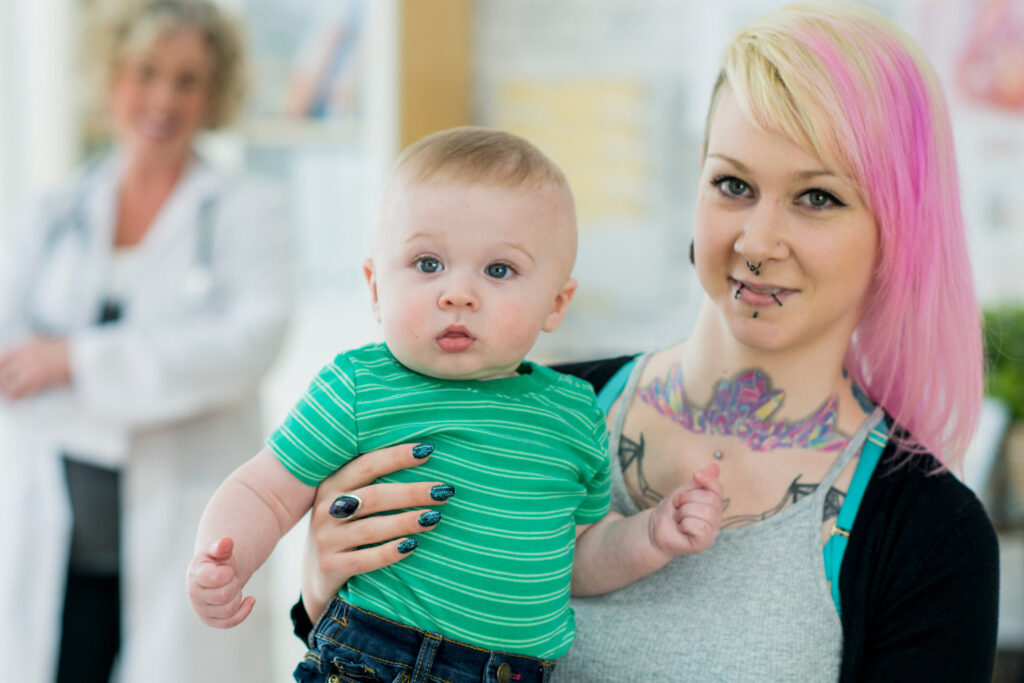
Immunization in the postpartum period is a simple and effective way for women to protect themselves and their babies from certain infections. This is particularly important for women who weren’t immunized before or during pregnancy. Postpartum maternal immunization can prevent maternal infection and the potential spread of illness from the mother to her baby. As a bonus, babies who are breastfeeding gain maternal antibodies through human milk.
It is recommended that all household members and caregivers who will be in contact with a newborn be up to date with routine vaccines, especially influenza (flu), Tdap (tetanus toxoid, reduced diphtheria toxoid, and pertussis), and COVID-19.
All vaccines (including live vaccines) except smallpox can be given to women who are breastfeeding. The yellow fever and meningococcal (Men B) should be given cautiously and only in cases where the benefits outweigh the risks.
If you didn’t receive an influenza vaccine during pregnancy, it’s recommended that you be vaccinated during flu season (October – May).
Women who are not immune to chicken pox (e.g. weren’t vaccinated as a child or haven’t had the disease) need to receive two doses of single-antigen varicella vaccine 4-8 weeks apart.
Mothers who are not immune to rubella or varicella or measles with MMR should be vaccinated without delay (MMR – measles, mumps, rubella).
The HPV (human papillomavirus) vaccine is not recommended during pregnancy but can be given during the postpartum period.
Resource:

